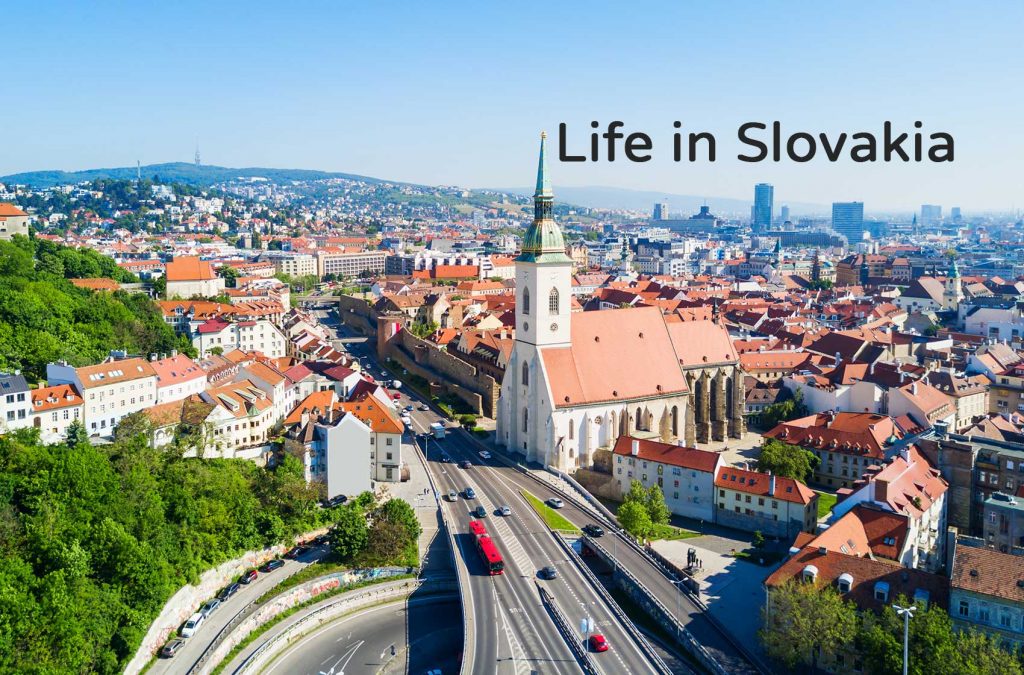In recent weeks, the flow of Ukrainian refugees to Slovakia has decreased: more than 360,000 people have arrived so far , or about 7% of the 5.3 million people who have fled from Ukraine. Most of the refugees – 2.9 million – traveled to Poland , while 793,000 people went to Romania , 502,000 to Hungary and 437,000 to Moldova . The United Nations High Commissioner for Refugees (UNHCR) has revised upwards the number of refugees in the coming months: there will be more than eight million, double the number initially forecast.
According to the data of the 16 weekly monitoring carried out by the Institute for Financial Policy (IFP) of the Ministry of Finance, so far more than 4,400 Ukrainian refugees have found work in Slovakia.
Most of them are women (85%) who work in the service sector and in industry, as assemblers and operators of machines and production equipment; 43 Ukrainians work in the education sector, while 23 people have found employment in the health sector. Most of the jobs are concentrated in the main cities of the country, Bratislava, Trenčín, Trnava, Nitra and Košice.
Currently, more than 71,000 Ukrainians have obtained temporary protection in Slovakia.
The government’s central crisis unit is addressing the most pressing problems related to the arrival of Ukrainian refugees, mainly long-term accommodation and food supplies. A specially created interministerial group deals with the integration into society of refugees who decide to stay in Slovakia.
Many Ukrainians are attending the free Slovak language courses that have been organized throughout the country. Despite the marked similarities between Ukrainian and Slovak, there is a language barrier that does not allow full integration. In addition, some refugees do not have documents to prove their qualifications or previous work experience. Others have not yet managed to enroll their children in schools.
About half of Ukrainians looking for work in Slovakia have a university degree. However, they take less-skilled jobs to get money quickly and not depend on state aid. Therefore, there are lawyers who work as cleaners and teachers who have been hired as kitchen helpers; they hold jobs that Slovaks often refuse, says the Confederation of Slovak Employers’ Associations. (Source: buenosdiaseslovaquia.sk)





